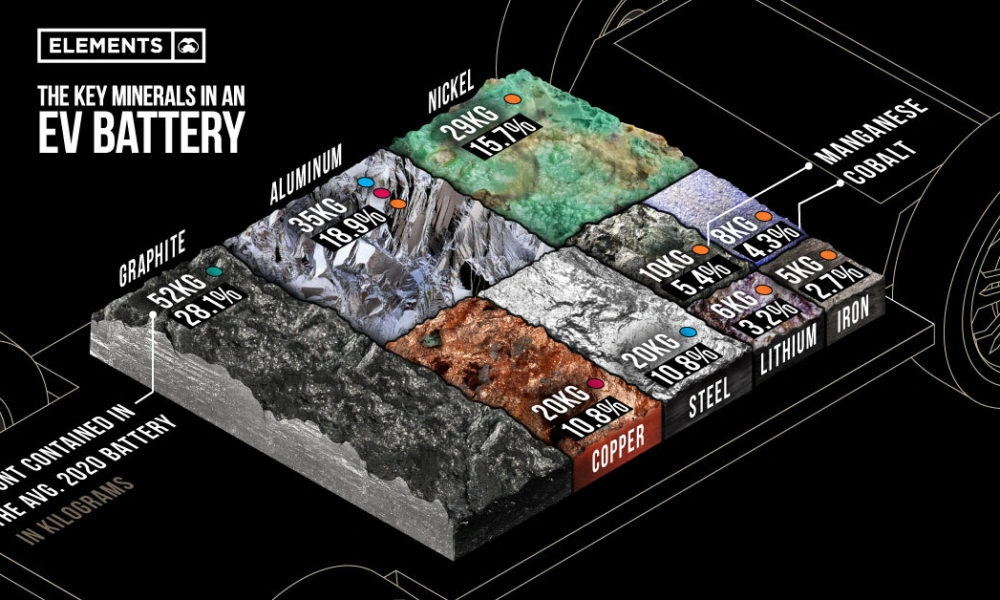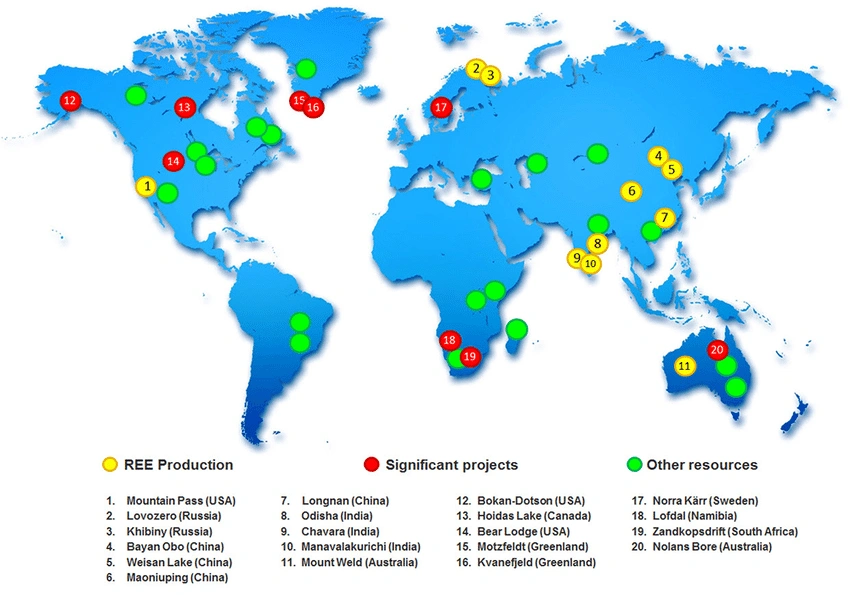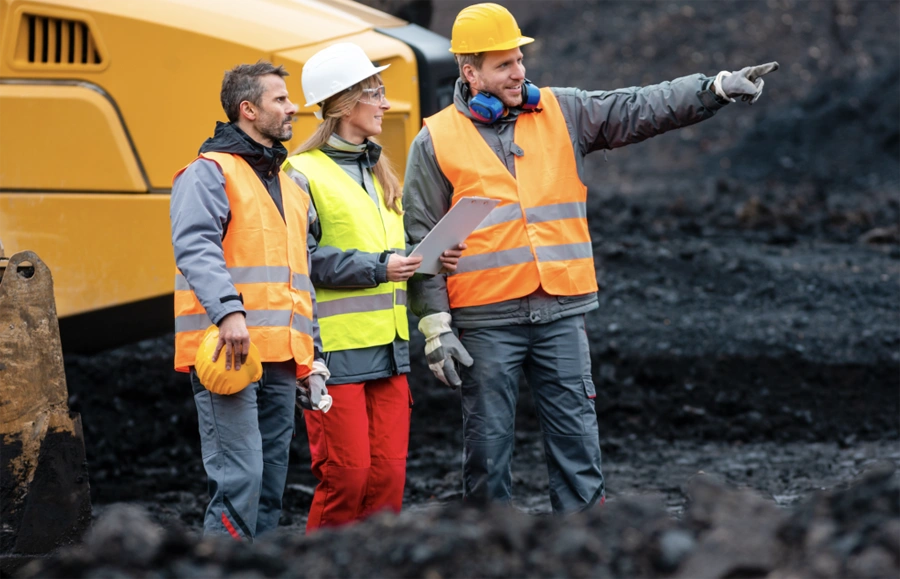Major Federal Investment
The United States Department of Energy announced a major move to strengthen its supply chain. The agency will invest nearly a $1 billion package dedicated to securing the critical minerals industry. Officials confirmed that the funding aims to scale domestic production and reduce foreign dependence. The department stated that technologies for mining, processing, and recycling will receive strong financial support.

The United States Department of Energy commits nearly a $1 billion package for U.S. Critical Minerals Supply Chain
National Energy and Security Strategy
The department emphasised that critical minerals continue to be vital to energy security. Such minerals promote renewable energy development, military and complex manufacturing industries. The main emphasis of this strategy is on Lithium, cobalt, nickel, and rare earth elements. According to the officials, access to such minerals provides a foundation for long-term national resilience. The announcement was among the most significant federal investments in this sphere.
Growing Global Demand
A growing global demand has been observed in critical minerals. The International Energy Agency documented that lithium tripled between 2017 and 2022. Similarly, the demand for nickel and cobalt has also been growing consistently because of the manufacturing of electric vehicles. Advanced economies have been motivated to look at new supply chains in the global clean energy transition. DOE affirmed that the majority of the U.S. needs for key minerals are imported.

The key minerals in an EV Battery
Reducing Foreign Dependence
Officials identified foreign reliance as a strategic concern. China processes more than 60 percent of rare earth elements worldwide. The United States imports nearly 80 percent of its rare earth supply from that market alone. Japan, South Korea, and European Union members have expressed similar strategic worries. The DOE stated that the initiative will reduce the exposure of American industries to external pressures.

Map highlighting the global distribution of REE deposits and mines
Funding Allocation
The nearly $1 billion fund will support a variety of projects. Mining projects will receive capital for expanding exploration and extraction capacity. Refining and separation technologies will receive funds to upgrade domestic processing. Advanced recycling systems will receive investments to recover minerals from waste streams. The DOE announced that universities and private companies may submit project proposals.
Job Creation Potential
Officials noted strong opportunities for domestic employment. The critical minerals sector has potential to create thousands of skilled jobs. New mining and processing projects could support regional economies across the United States. The DOE said it will maintain workforce training programs alongside industrial growth. Workers from coal communities may receive priority access to retraining funds.

The critical minerals sector has a potential to create thousands of skilled jobs
Environmental Safeguards
The Department stated that all projects will operate within strict environmental standards. Officials recognised that mining and extraction can cause community concerns. The agency confirmed requirements for sustainable practices and advanced waste management solutions. Environmental groups have monitored the sector closely and demanded transparent oversight. The DOE announced its commitment to balancing mineral expansion with ecological protection.
Support from Administration
Senior government officials endorsed the program strongly. Energy Secretary Jennifer Granholm said, “This nearly $1 billion investment will strengthen U.S. energy independence.” She added, “By supporting domestically sourced critical materials, we create a stable foundation for clean energy manufacturing.” Officials from the White House echoed these priorities. They stressed that global competition requires timely and decisive actions.
Also Read: Rare Earth Elements: The Strategic Metals Driving Clean Energy and Defence
Long-Term Strategic Importance
Energy analysts highlighted the long-term significance of the initiative. Investments of this scale shape supply chains for decades. The global shift towards renewable energy systems will only increase demand for these resources. Economists indicated that securing mineral supply supports electric vehicles, wind turbines, and battery storage industries. Defence infrastructure also depends on access to rare and specialised materials.
Industry Collaboration
The DOE announced plans for collaboration with the private sector. Companies will partner with research institutions and state governments. Pilot projects will demonstrate new techniques for mineral processing and recycling. Partnerships will accelerate the commercialisation of laboratory-level innovations. Officials expect significant private sector contributions alongside the federal funding package.
Conclusion
The United States is maneuvering to secure a supply of critical minerals. Industrial resilience is becoming more and more urgent, as demonstrated by federal investment of almost a billion dollars. Making things at home, environmental protection, and employment are still major priorities. The authorities admitted that this project is a part of a long-term strategy in terms of energy and security. The shift of the Department of Energy is an indication of a firm movement towards ensuring national supply chains.












